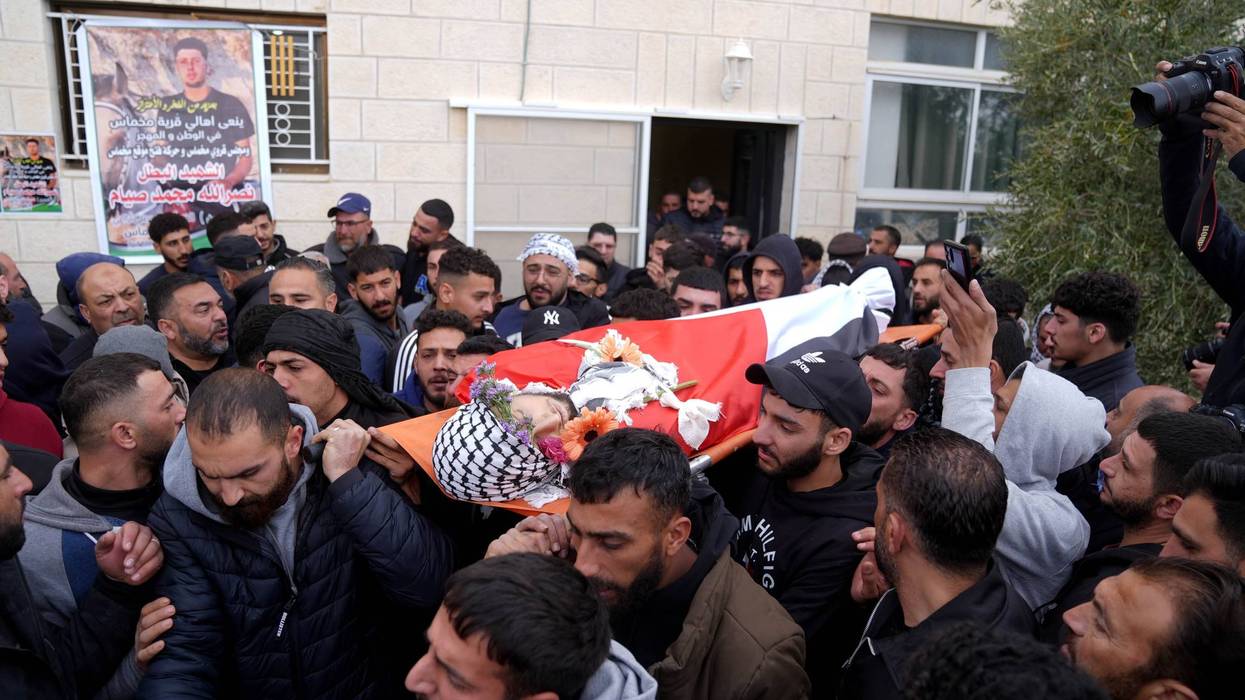Where these diseases once infected millions of people each year, Milhoan noted their dramatic decline in recent years, suggesting they no longer pose the threat they once did and that vaccines were therefore less necessary. However, he ignored the fact that the near-total eradication of these illnesses was due to society-wide vaccination in the first place.
The US is already at risk of losing its measles eradication status after drops in vaccination rates caused the highest number of cases and deaths in more than three decades last year.
Measles vaccination rates had already been dipping for years amid rising anti-vaccine sentiment. But it was shifted into overdrive after vaccination restrictions were narrowed by Trump's Secretary of Health and Human Services, Robert F. Kennedy Jr., who publicly spread doubt about the Measles, Mumps, and Rubella (MMR) vaccine's well-documented safety and efficacy.
At its peak in 1952, nearly 58,000 people became infected with polio. Over a third of them became paralyzed, and more than 3,000 died. A vaccine was introduced for the illness in 1955. Within just two years, the number of cases had dropped by 90%, and the disease was declared eliminated in the US in 1979.
Childhood vaccination rates have dropped across the board over the past five years. Where about 95% of kindergarteners received the measles and polio vaccines in the 2019-20 school year, that number had plummeted to 92.5% in 2024-25.
But because polio is several times less infectious than measles, the current national average coverage still provides substantial protection, though localized outbreaks remain possible in undervaccinated communities.
If childhood vaccination is made optional, however, those who have treated and lived with polio fear it could also come back with a vengeance.
In an interview with the Guardian published Monday, Grace Rossow, an operating-room communications coordinator, whose leg remains paralyzed from a case of polio as an infant in India, said the vaccine had “absolutely been a victim of its own success."
“People aren’t scared of polio anymore,” she said. “People don’t really see the daily side of living with a vaccine-preventable disease. With polio, you’re never going to fix us, and that’s the problem. The only thing to fix polio is the polio vaccine.”
Polio's status as a thing of the past has not only diminished the public's understanding of why it's important to prevent, but also how to treat it. Rossow said, "We don’t have a healthcare infrastructure to take care of a polio outbreak."
Art Caplan, one of the last remaining survivors of the 1950s outbreak, who has struggled with lifelong weakness in his legs due to the disease, said he's watched as most of the medical professionals who understood how to treat it retired and died. "There’s nobody left. They don’t see it."
Gordon Allan, a surgeon who is the orthopedic residency director and the total joint reconstructive fellowship director at Southern Illinois University School of Medicine, said that in the event of a new polio outbreak, most people in his field would have little idea how to treat those suffering from the illness.
“Orthopedics has really changed a lot now from the people who trained me," he said, noting that even those doctors only had experience treating post-polio symptoms.
“No one practicing has first-hand experience," he said. "Orthopedics was quite different because of polio, and all that stuff just faded away."
The last polio case in the United States was detected in New York in 2022 in an unvaccinated adult who became paralyzed from the illness.
None have been diagnosed since. But as measles has shown, outbreaks can spread very quickly in communities with large unvaccinated populations, which are often insular and religious.
Caplan said he was "furious" at Milhoan's contention that childhood vaccine requirements should be reconsidered just because polio is no longer around.
"If you could gather up the kids I saw die or become really severely disabled from 50 years ago, they would want you arrested," he said. "It’s horrifying, and the height of irresponsibility to leave the door open even a crack."



